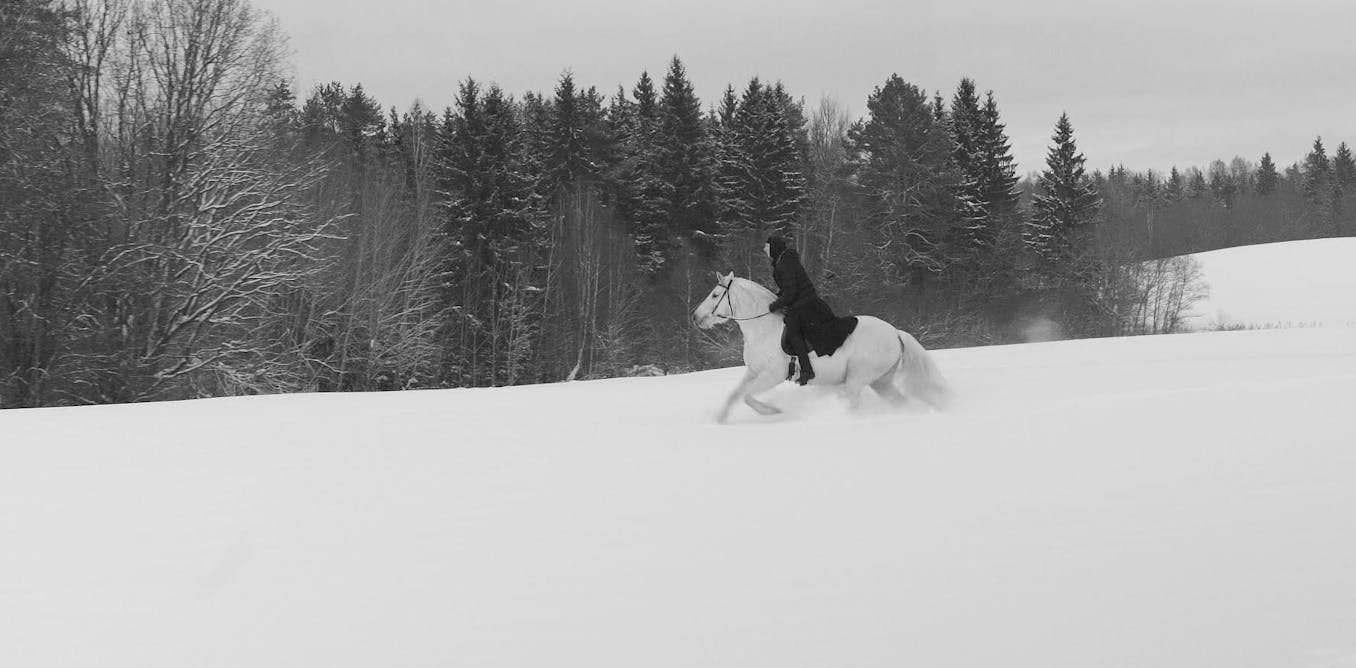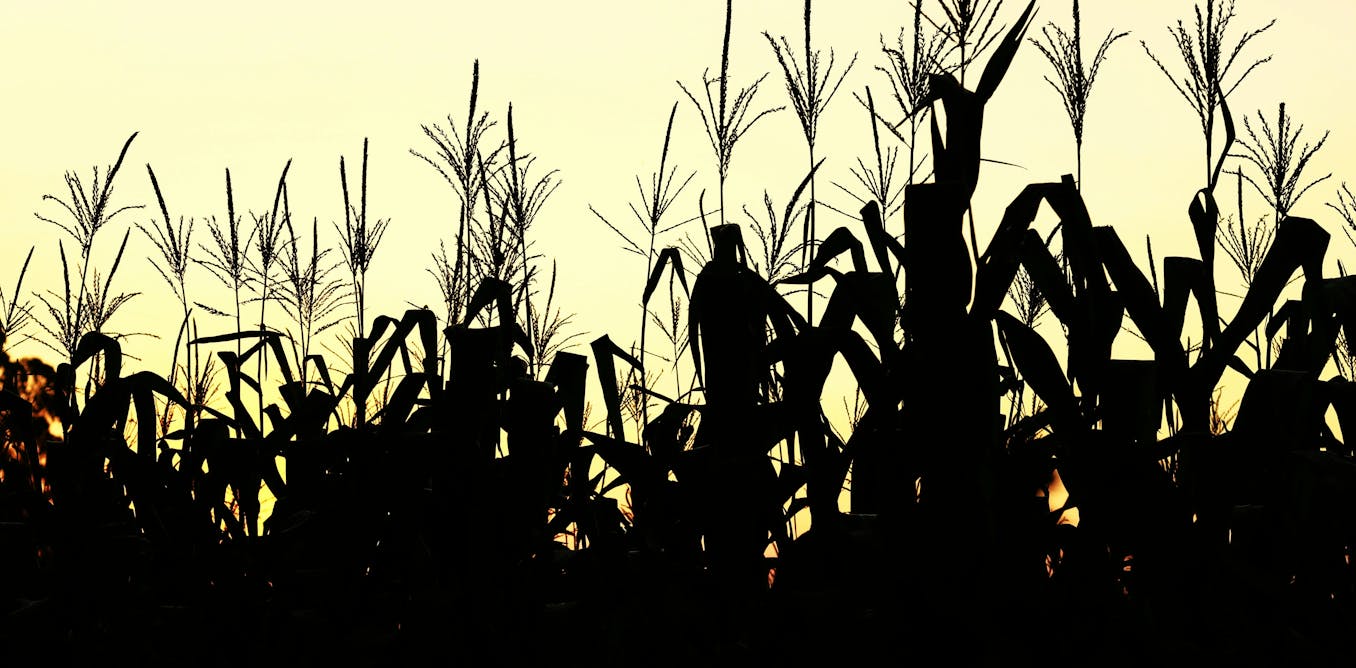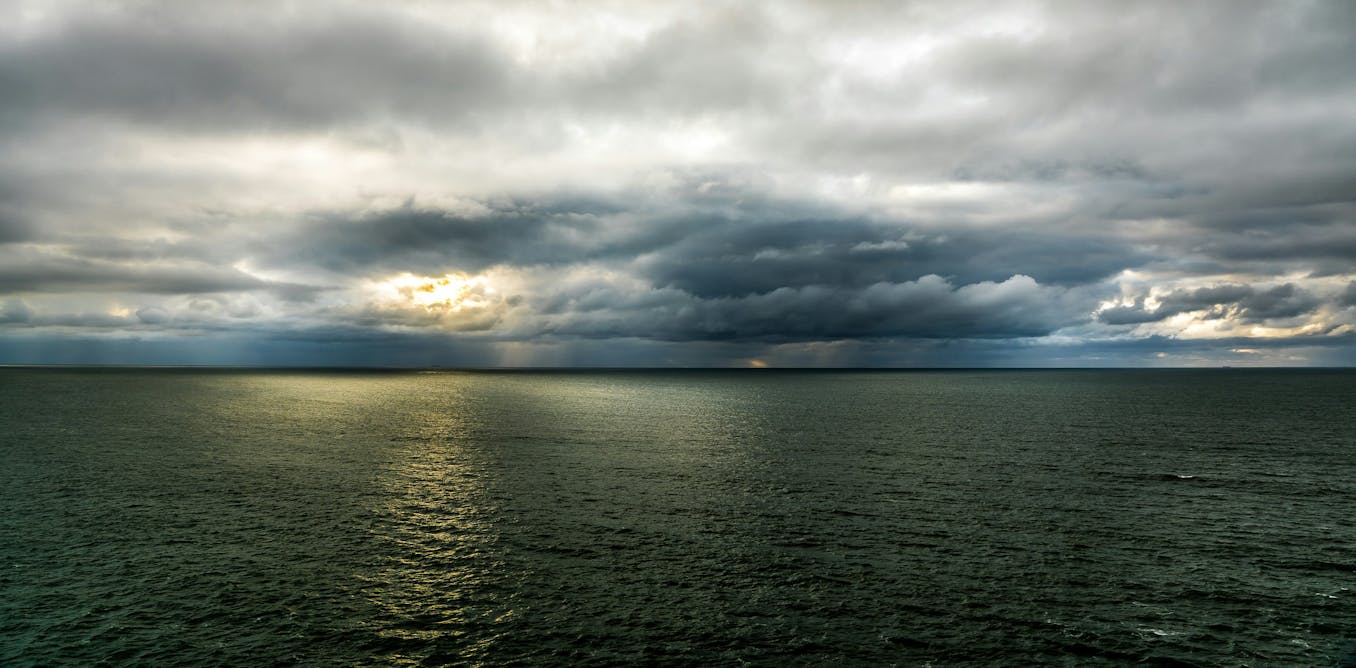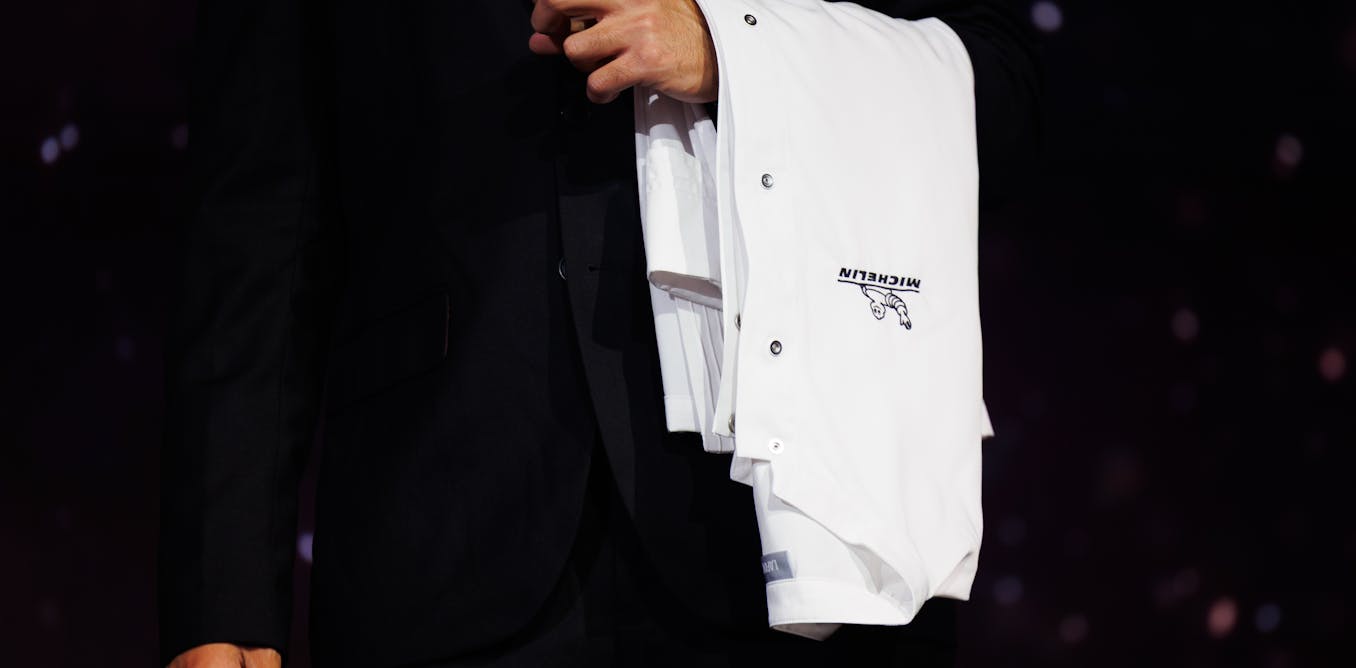Nuns loom large in the European imagination. They are often caricatured to the point of dehumanisation. Either as a grotesque comic creation, like the chocolate-obsessed sister in Father Ted (1995-1998), or a monstrous aberration, like the demon Valak from the Conjuring (2013-2025) films.
Either way, by rendering the nun unreal, and stripping her of personhood, these portrayals allow viewers to avoid confronting the uncomfortable questions that a flesh and blood nun raises. In contrast, nuns who are not safely contained in the realm of fiction, but live and breathe in our world, force us to consider whether the aspirations and desires that society expects women, and indeed human beings, to feel, are in fact cultural rather than innate.
If we take the dangerous step of acknowledging that nuns are no different from anybody else, we face the unsettling question of whether we too could reshape our experience of sexuality, fulfilment, interpersonal connection and community. Watching the new documentary film Mother Vera pushes viewers forcefully to take that step.
Following a conversation with a family member, Mother Vera, the protagonist nun of the film, is compelled to reclaim buried memories and face the events that led her to choose life in a convent. This leads her on a journey of renewal and transformation, with all of the losses and gains bound up with change. However, the visual storytelling weaves a complex tapestry of emotions and ideas as this unfolds.
She Makes Productions
Mother Vera is an immersive work of art and the beauty of the cinematography is almost hypnotic. Countryside, animals and people move across the screen and pull observers into a different time and place. On occasion it is so vivid that it is almost possible to catch the scent of the candles in a darkened church, or the smell of cattle in the yard.
Yet while it is highly evocative, Mother Vera is a demanding watch. The audience is permitted to enter into the life of the nun and her order, and given an infinitesimal, but powerful, taste of the silence and stillness of that domain.
Engaging with it is radically different from seeing a film propelled forward by constant dialogue, or framed in a way that leads viewers inexorably towards a prescribed moral conclusion or emotional response. Mother Vera not only gives those watching space to react and reflect individually, it almost compels them to do so.
This is not to suggest that the film ever pretends naivety or neutrality – it is far too carefully constructed for that. It also plays with some very well-worn tropes in respect of nuns and indeed religion. The story arc centred on a slow burn of inner and outer liberation is a familiar one.
Equally, the central character is depicted in a way that sets her apart from the audience. The clothes that she wears and the physical setting through which she moves call to mind not just another era, but another period in history. There are moments when she seems almost medieval, as she is shown from a distance riding on horseback, long garments flowing, or when the camera pans to a close up of her face, framed by stark black cloth.
Playing with archetypes
At times, Mother Vera teeters on the verge of being overdone. It comes close to the cliché of presenting nuns as distinct from other members of society, and needing to shed something of their otherworldly nature if they are to reintegrate, or even authentically interact, with those outside of the cloister walls.
However, the sophistication of the film as a whole means that we are not expected to unquestioningly consume these cardboard cut-out ideas. Instead, we are invited to play with the archetypes on screen and interrogate the extent to which we really believe in them.
These archetypes are complicated because they are not entirely without grounding in reality. Members of religious orders are indeed secluded and set apart from the wider population, and live their lives according to an alternative set of parameters. When entering an order, there are formal rites of passage, as a person moves from one context into another. The question of what it might mean to walk in the opposite direction, creating more personal symbolism, is a recurring theme.
Significantly, within the protagonist’s journey there are threads of continuity: most obviously, but not uniquely, her bond with horses. These points of continuity demonstrate that in some respects, both the distinct periods of an individual’s life, and the sacred and secular realms of society, are part of an integrated whole.
We are captivated by the crossroads at which this particular nun has found herself, because her dilemmas and decisions resonate with our own, regardless of belief, gender, language or other characteristics. Not only does Mother Vera vividly evoke its specific setting, in doing so, it lays bare universal struggles.
Mother Vera is beautifully constructed and manages to be both lavish and minimalist at the same time. The existential nature of the material that it explores, combined with its appeal to the senses, mean that it lingers in the mind long after the film has ended.

Looking for something good? Cut through the noise with a carefully curated selection of the latest releases, live events and exhibitions, straight to your inbox every fortnight, on Fridays. Sign up here.

The post “beautiful documentary film about a nun’s dilemma – reviewed by a priest” by Helen Hall, Professor, Nottingham Law School, Nottingham Trent University was published on 08/27/2025 by theconversation.com






































Leave a Reply